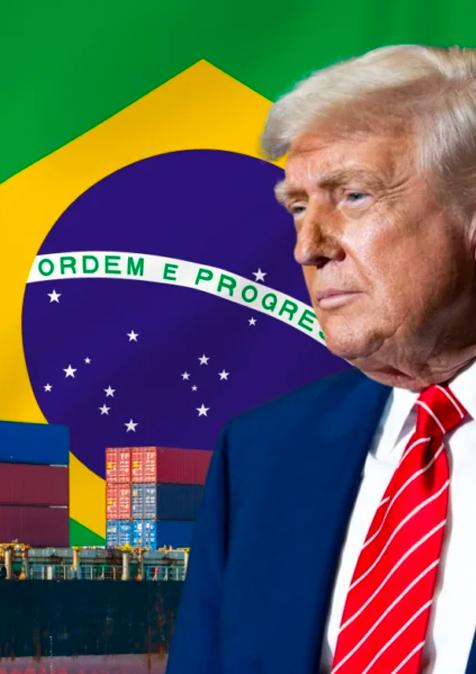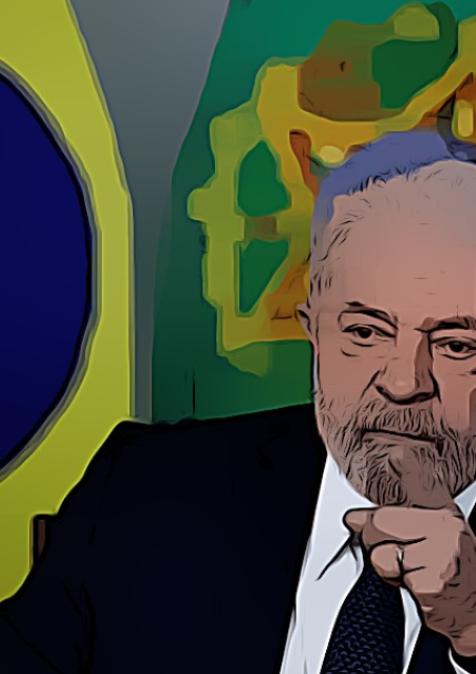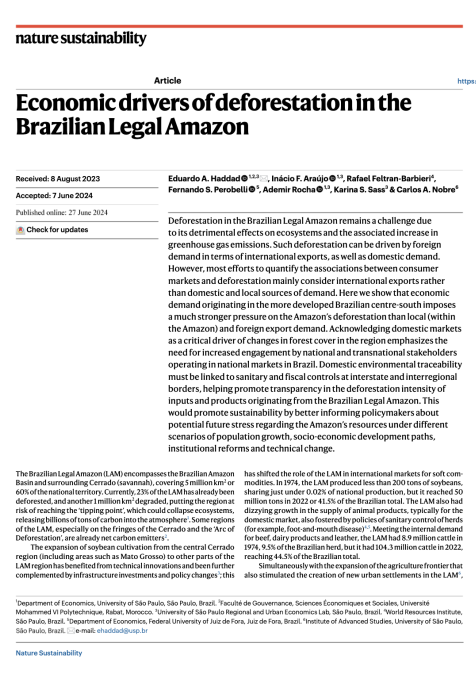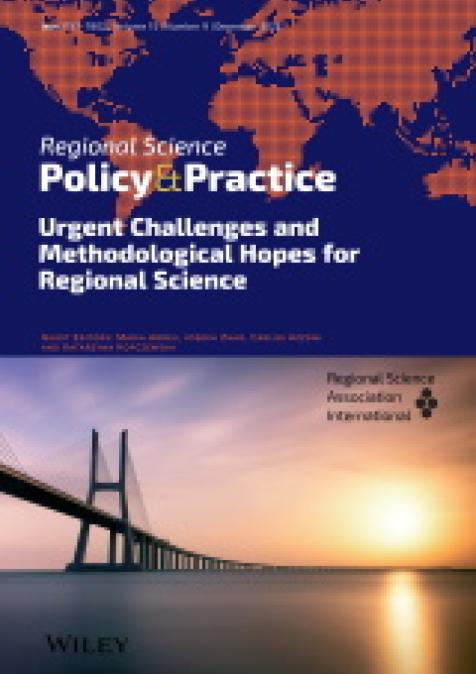Latin America was barely mentioned in US President Donald Trump’s 2024 electoral campaign. Expectations were that President Trump would remain uninterested in Latin America, while Latin America would show pragmatism and restraint in its dealings with him. However, surprisingly, Latin American has been at the forefront of Trump’s agenda since his re-election. Aside from migration, which was already prominent in Trump’s electoral campaign, although as an internal issue, there is also ...





